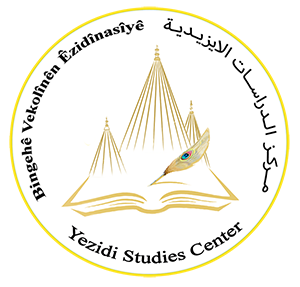
Yezidi Studies at University of Leipzig and Department of Arabic Studies at Yerevan State University Collaborate to Promote Yezidi Studies
The Oriental Institute...

Yezidi Studies Center Participate in the Commemoration Event for 10th Anniversary of the Yezidis Genocide
During...

Yezidi Studies Center at Leipzig University and University of Kurdistan Hewlêr (UKH) Forge Stronger Ties to Benefit Yezidi Community
In a significant...

Partnership Announcement
The Yezidi Studies Center (YSC) at...


Congratulations to Nadia Murad: Inspiring Yezidi Students’ Academic Journey
The Yezidi Studies Center congratulates Nadia...


Call for PhD applications in Yezidi Studies
The Yezidi Studies Center YSC in...

Exploring Yezidi Religious Texts and Sites – Winter Semester 2023-2024 at the University of Leipzig
The Yezidi Studies Center at the...

Yezidi Studies Center Reflects on Yezidi Periodicals at Munich University in Germany
In a workshop conducted from January...
